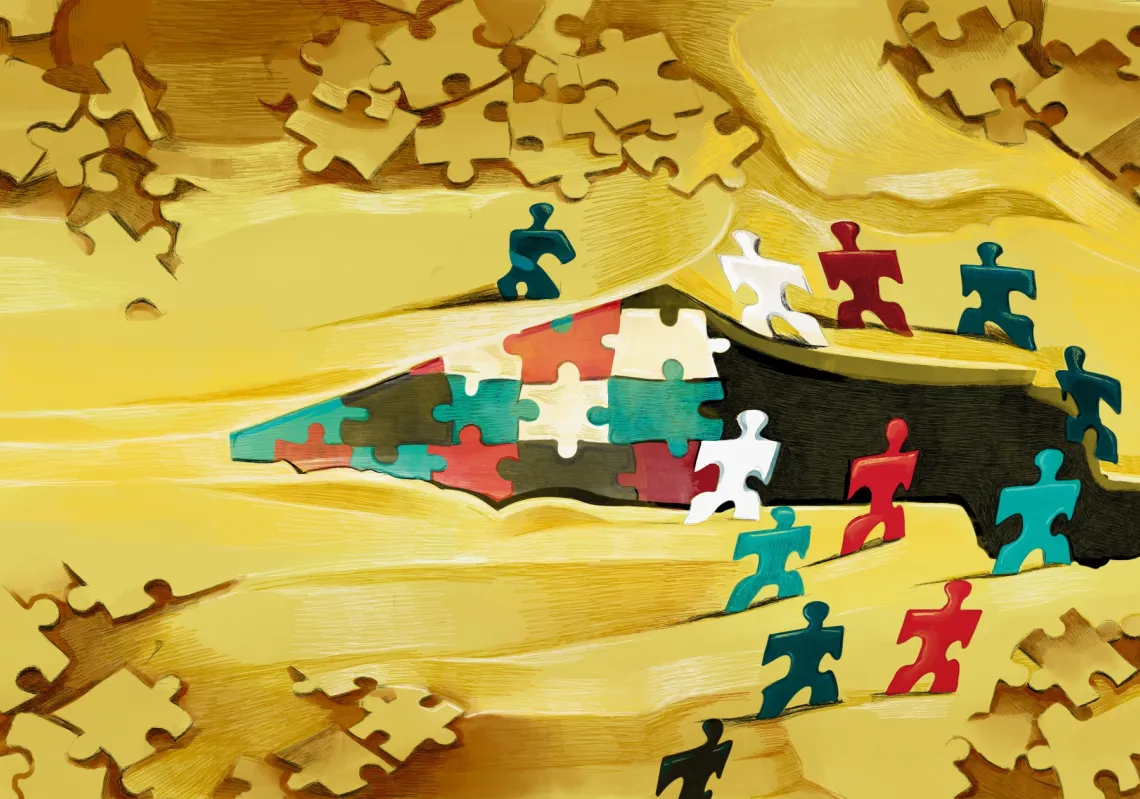Four days ago, just a few hours after the ceasefire agreement in Lebanon was announced, a new crisis in Syria erupted, with renewed fighting centred on Aleppo. It surprised most observers, who had seen the Syrian civil war as a frozen conflict, static since 2019.
The consensus was that Syria’s war had become one the region could live with. Those voicing disagreement were few and far between. Yet some did warn that it was an illusion. They sensed the volcano was about to blow.
On 29 November, the world woke to images of Islamist gunmen riding motorcycles and trucks into Aleppo, taking Syria’s economic capital. Despite a lack of credible on-the-ground information, the images spoke a thousand words. They also sparked a thousand theories as to what had happened—and why it was happening now.
Questions abound
Analysts were left asking who was behind the assault on Aleppo, who were the main beneficiaries, why was the Syrian army caught off-guard, why did Syrian soldiers show minimal resistance, why have Syrian allies Russia and Iran not intervened, and what role (if any) Israel, Turkey, and the United States played.
Regardless of the answers, in every crisis there is an opportunity, so with some clever thinking, might the rebels’ assault be used to generate a lasting settlement? Amidst all the uncertainty, two main factors need to be considered.
The first has long been anathema but is now a real prospect from January: US-Russia cooperation. US President-elect Donald Trump touts his relationship with Russian President Vladimir Putin and will soon have the executive authority to work with Russia to end the war in Ukraine. Equally, they could work together over Syria.














